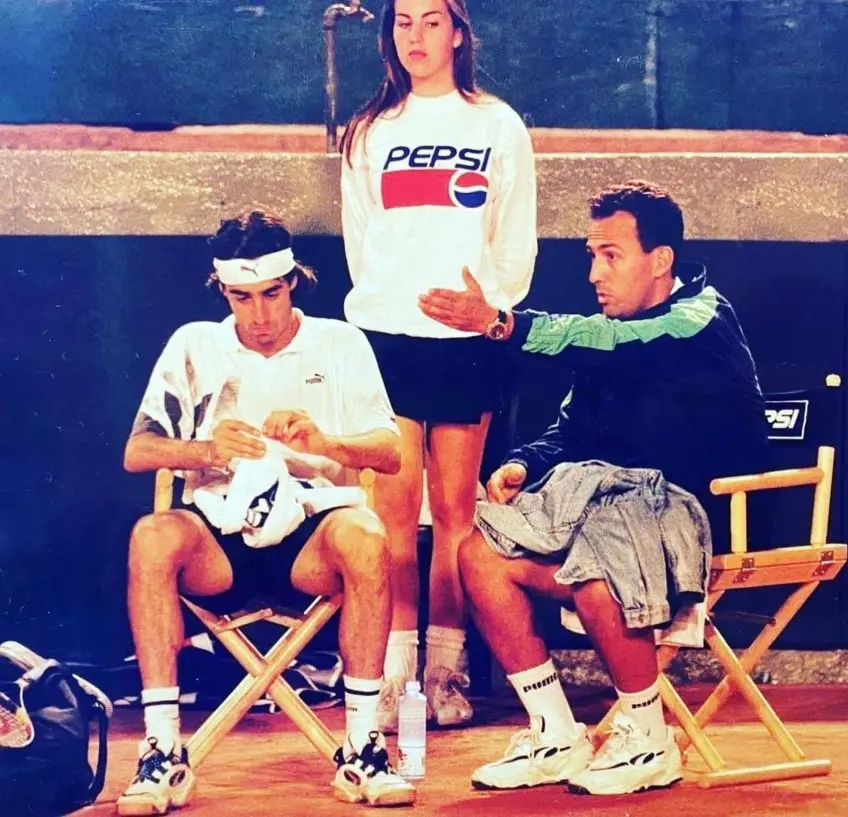
1.Questioning Fault in Performance
"When I hear 'it's not my fault,' I think, whose fault is it then? When we enter the field, we are fully responsible for our performance and that of our opponent, as they can play particularly well thanks also to how we behave or play."
2.Self-Reflection and Improvement
"I often hear people say, 'You have no idea how well my opponent played today?' My immediate question is: And you? What did you do to try to counter them? How did you play? What alternatives did you try? Or did you continue in the same direction for the entire match?"
3.Embracing Challenges and Responsibilities
"Life is full of challenges, and the higher we go, the more responsibility we have, and we must find ways to overcome them.
Sometimes we change our way of playing, our attitude, or our way of fighting. But in all these, we have a lot of responsibility for how the match will go."

4.The Downside of Delegating Responsibility
"I understand that saying only that the other played well is the biggest demonstration of delegating responsibility.
It’s a clear demonstration of not having the courage or the attitude to accept and face the challenge."
5.The Dichotomy of Life Choices
"It's a great excuse!!! But finding excuses is not the way to excel! We learn early on that we have two paths in life.
To be invisible and have little responsibility, or try to be the protagonist and have to try to solve problems."
6.The Complexity of Visibility and Responsibility
"In the first case, mistakes and corrections remain with you and a small group of judges.
Life is more serene, but less exciting. The second case is more complex. It’s nice to have visibility and status, but it's too easy to hide at the moment of the problem. Victory brings responsibility, brings problems that we must solve."
7.Making a Daily Choice
"The choice is daily.
There is no right or better. Everyone has their claim and their goal. What’s more beautiful? To give little and not take responsibility or to want general attention to be the protagonist and take responsibility? Between the two, I choose the second option."
8.The Power of Acceptance and Improvement
"Once we accept that the other playing well is also my responsibility, we learn that we can do more and better.
To make them play poorly, I have to play the ball further away from them. Then I must find a way to make my ball as complicated as possible. If they still beat me... I accept the result and prepare better for next time."

9.Finding Satisfaction and Learning from Experience
"The secret is precisely in the concept of leaving the field satisfied with oneself: knowing that you have given everything possible...
having had a good and positive attitude... having tried different ways of playing. If all this was not up to the opponent... so be it... tomorrow there will be another match, and as long as we have the strength (and desire), there will be opportunities.
The important thing is to experience how the match went, to learn and write down what needs to be improved! No sadness or negative judgments: the match simply has the value of testing how we are at that precise moment... no more, no less. It doesn’t touch who we are or our value!"
